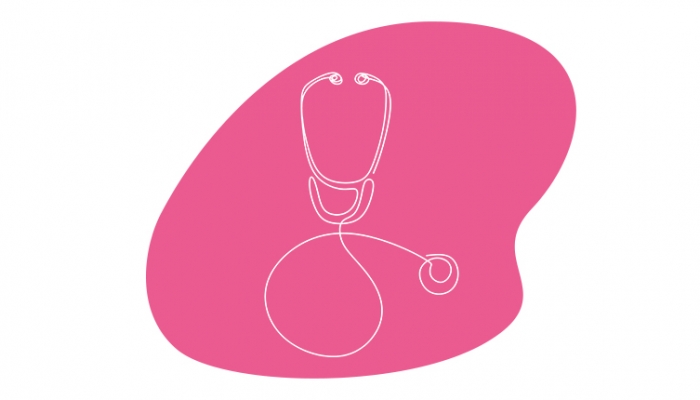The future of the NHS Pay Review Body
Aside from the economy, recent polling suggests that the public considers health to be the most important issue facing the country right now. With the ongoing crisis in A&E departments regularly making headlines, it seems likely that the Government’s ability to turn around the NHS’s misfortunes will significantly impact on its ability to perform at the next general election.
Last week, the Government released its urgent and emergency care recovery plan, pledging to slash waiting lists by creating 5000 more beds, 800 new ambulances and expanding the use of ‘virtual wards’ to treat people from home. However, the announcements have been met by scepticism by NHS leaders who point out the 130,000 vacancies across the NHS and suggest that such pledges are meaningless without the workforce plan to back it up. Saffron Cowdrey, interim chief executive of NHS Providers, said that ‘though these new measures are welcome, they are not enough in themselves. We desperately need action to tackle the vast workforce shortages, staff exhaustion and burnout, and the inability to free up capacity by discharging medically fit patients in a safe and timely way’.
Industrial action looks set to intensify as we head further into 2023. Ambulance workers, nurses and physiotherapists at NHS trusts across the country will all be going on strike at some point this week. Furthermore, there is a high probability that the junior doctors’ ballot closing next week will deliver a mandate for strike action and the BMA is planning to hold an indicative ballot of consultants later in the month. Yet there is little sign of a resolution to the disputes in the immediate future. Negotiations with the health unions have failed to lead anywhere due to the Government’s refusal to talk about pay. When pressed, Prime Minister Rishi Sunak and other senior Government figures have pointed to the fact that pay is decided by the independent NHS Pay Review Body (NHSPRB).
However, unions have disputed the true independence of the NHSPRB, and are refusing to submit evidence this year until their industrial disputes are resolved. Sharon Graham, General Secretary of Unite, said the NHSPRB is ‘long past its sell-by date’ and ‘a willing partner in working to the Government’s pay cuts agenda’, pointing out that the Government still dictates the boundaries within which pay offers must lie.
Given a chance to respond to these allegations while being questioned by the Health and Social Care Committee early last week, chair of the NHSPRB Philippa Hird defended the pay review body’s neutrality and commitment to taking into account all the evidence. She gestured to the fact that in two recent years, the NHSPRB actually recommended pay rises higher than the Government’s remit. This is true: in 2022 the Government said it would be willing to offer NHS staff a 3% pay rise and the NHSPRB ended up recommending 4.8%. However, this is a much smaller jump than the 19% the Royal College of Nurses are asking for – a rise they argue is necessary to counter over a decade of erosion in real terms pay.
Members of the Select Committee were astonished to hear that the Government has missed the deadline to submit evidence to the NHSPRB, delaying any future pay rise to past April. When he was questioned on the subject later that day, Health Secretary Steve Barclay insisted that his Department would be submitting evidence as soon as possible and delays were ‘to make sure that the evidence best reflected the wider economic circumstances’, hinting that an significantly improved pay offer would be on the table – though whether it will be enough to end the dispute remains to be seen.
For regular updates on what is happening in UK politics and public affairs, sign up to our weekly Point of Order newsletter, going out every Friday morning.





Leave a Comment